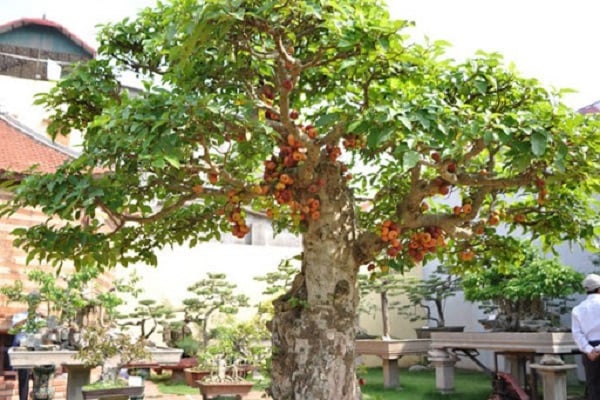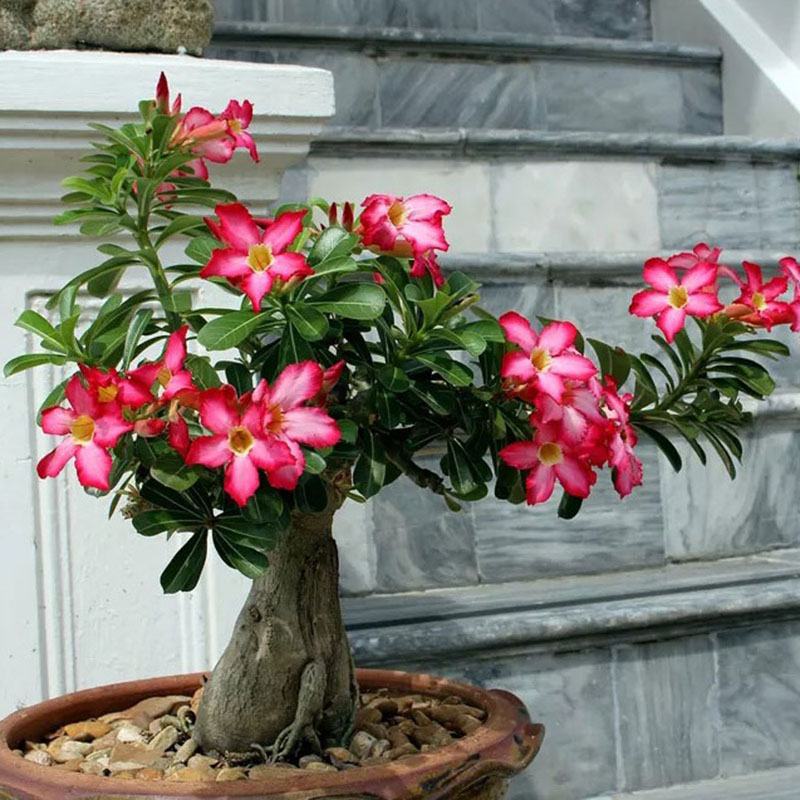What are the three types of trees that should not be planted in front of a house and why?
Fig Tree (Cây Sung)
The fig tree is a familiar sight in Vietnam and is considered a symbol of abundance and good fortune in Buddhist culture. However, from a Feng Shui perspective, planting a fig tree in front of your house is believed to impact your wealth and fortune negatively. Instead, it is recommended to plant it at the back of your house to create a harmonious space, invoking the four symbols of the dragon, white tiger, red bird, and turtle.
Additionally, as the fig tree holds significance in Buddhism, planting it at the rear of your home is thought to invoke the Buddha’s protection and ward off negative energies, thus fostering peace and tranquility within the household.

Fig Tree: Better Planted at the Back for Prosperity
Mulberry Tree (Cây Dâu Tằm)
In many cultures, including Vietnamese, the mulberry tree is often associated with inauspicious meanings. The word for “mulberry” in Chinese sounds similar to the word for “funeral” or “sorrow.” As such, planting a mulberry tree in front of your house is considered unfortunate and a potential source of bad luck for the family.
On a more positive note, placing this tree at the back of your house is believed to ward off negative energies and protect your assets. This practice dates back to ancient times, when mulberry trees were planted in front of homes to safeguard families from negative influences, thus fostering peace and optimism within the household.
Plumeria (Cây Hoa Sứ)
Plumeria, also known as the temple tree, is a fragrant tropical flower commonly found in Vietnam, especially in the north. It is often planted in temples and carries a sense of purity and spirituality associated with Buddhism. In Laos, Plumeria is even considered their national flower.

Plumeria: Fragrant but Best Planted in the Backyard
However, in Vietnamese poetry, the Plumeria is often associated with sad love stories, and its strong fragrance can be overwhelming when planted too close to the house. From a Feng Shui perspective, the intense fragrance may invite unwanted energies and cause discomfort to the household. Additionally, the symbolism of Plumeria in Vietnamese culture often represents the complexities of romantic relationships, which may not be ideal for enhancing the love life of the homeowners.
Therefore, it is recommended to plant Plumeria at the back of the house to avoid any potential negative impacts on the residents’ well-being and relationships.
This information is for reference only and is not intended as Feng Shui advice.


































